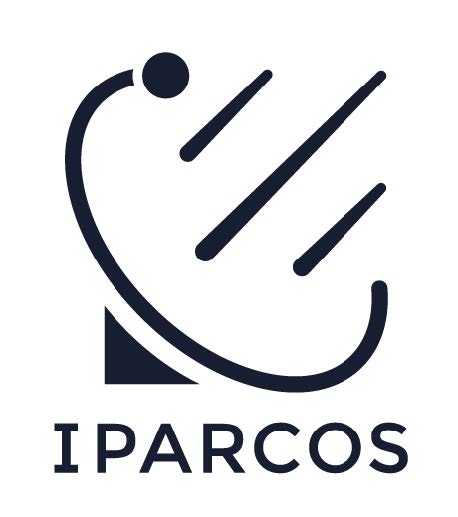Description: We review the basic properties of gravitational scattering. We discuss to what extent they are compatible with the principles of S-matrix theory.
- Topics on QFT in AdS by Shota Komatsu - CERN
Description: I will discuss several topics related to QFT in AdS, emphasizing its potential use in analyzing the strongly coupled dynamics of QFT. In the first lecture, I will discuss the flat-space limit of AdS; how the conformal correlators become flat space amplitudes and what are subtleties in taking the flat-space limit. In the second lecture, I will discuss the application to theories with dynamically generated mass gap, emphasizing connections to conformal bootstrap. In the third lecture, I will discuss the interplay between the flat-space limit of AdS and non-invertible symmetry.
- The algebraic approach: when, how, and why? by Jonathan Sorce - MIT
Description: The goal of this mini-course is to explain the merits of algebraic quantum field theory to a broad audience. We will explore (i) how to know when a particular question calls for an algebraic answer, (ii) how to apply the tools of algebraic QFT to such a problem, and (iii) why quantum field theorists of all stripes stand to benefit from a basic knowledge of algebraic quantum fields. The first lecture will focus on the big-picture motivation behind the algebraic approach to quantum field theory, and an elaboration of its basic tools. Subsequent lectures will explain some of the modern achievements of the algebraic toolkit, including a proof of the averaged null energy condition and an enhanced understanding of black hole entropy. Relevant review articles include 1803.04993, 2302.01958, 2309.16766, but I will not assume any prior knowledge of algebraic quantum fields.



